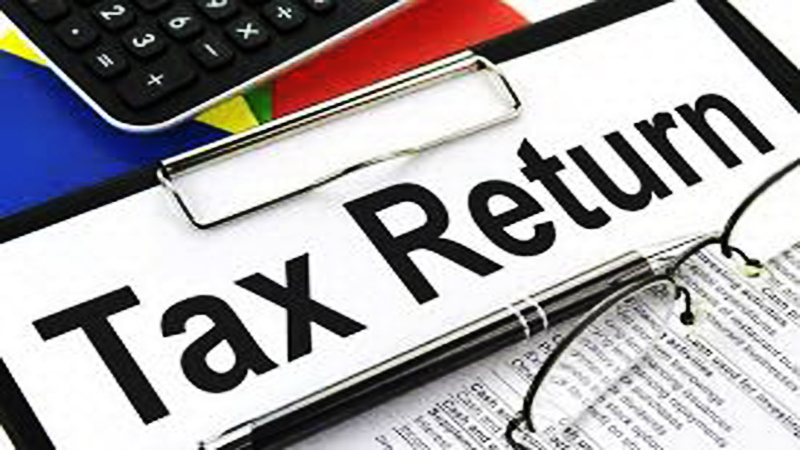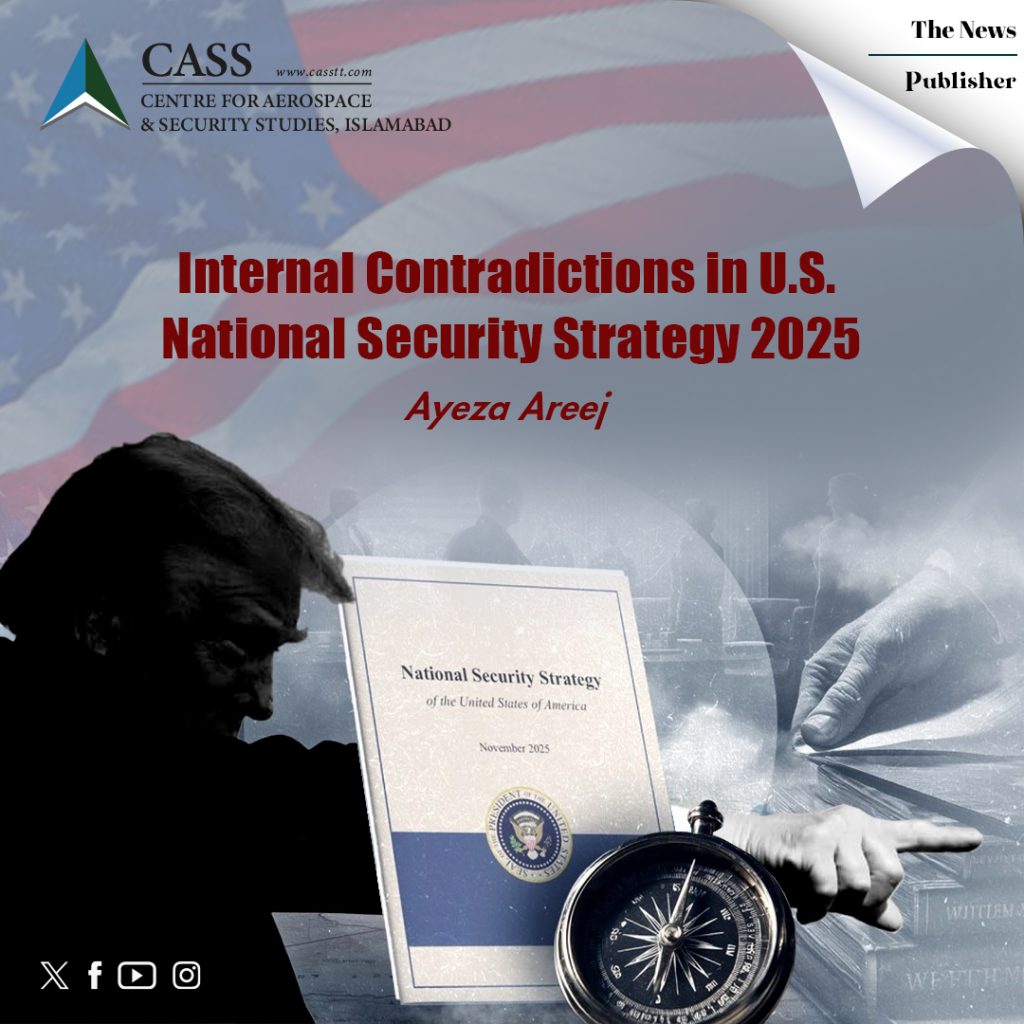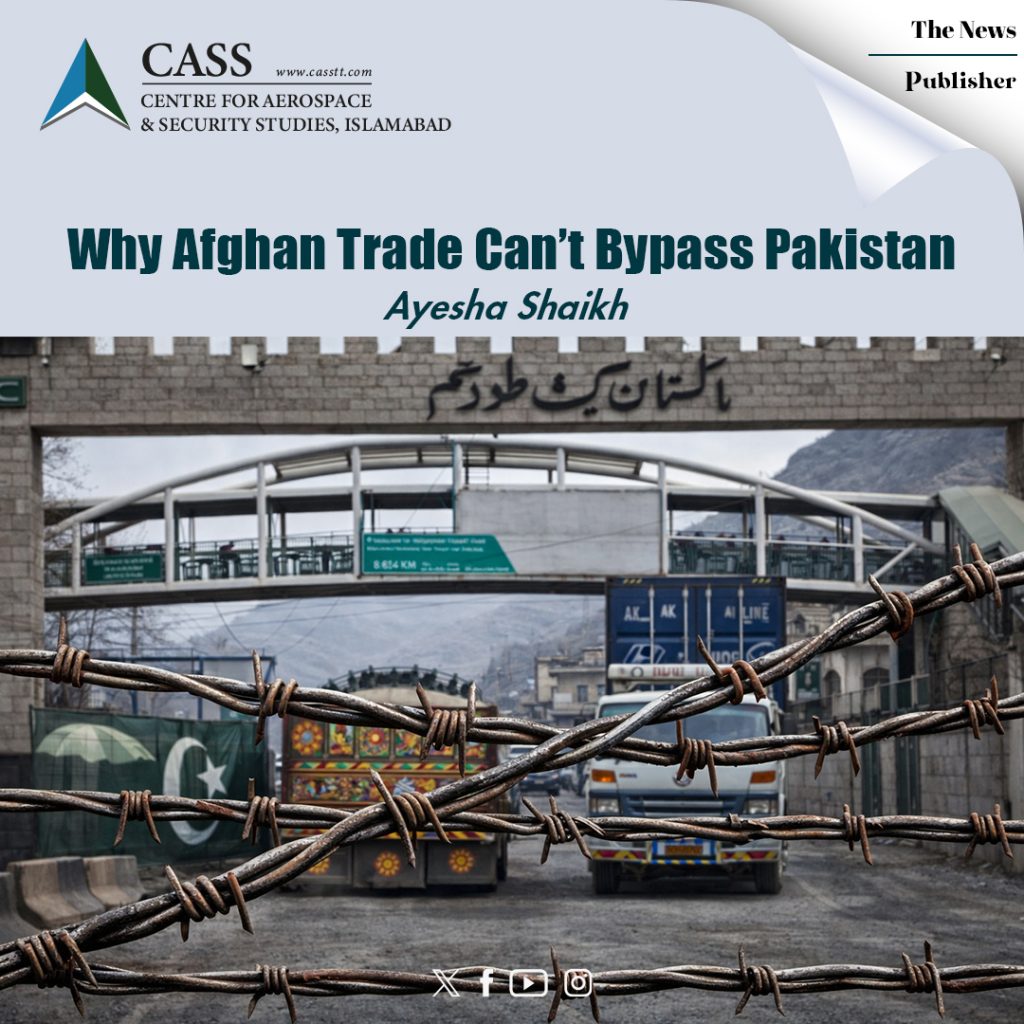The Federal Board of Revenue (FBR) has recently proposed a measure that is intriguing, to say the least. It has announced a “whistleblower” incentive, by which any person who reports a tax evader may receive 20% of the proceeds from any recoveries that the FBR makes on the accused person. At first glance, one would think this would be quite a lucrative proposition, especially in the dog-eat-dog nature of a developing country where the prospect of making a quick buck would be enthusiastically received. On the other hand, there is the “honour among thieves” mentality among the groups that earn the largest proportion of gross untaxed income that would dissuade these economic agents from ratting on one another.
So how would such a proposal fare in Pakistan, and is there any precedent abroad for giving whistleblowers a cut of the income recovered?
Indeed, the earliest precedent was set by the Internal Revenue Service (IRS) of the United States, which in 2006 established the Whistleblower Office, to reward people who would point out tax evaders to authorities (anonymously). Their cut has been even higher than what the FBR is proposing, in some cases at 30% of the recovered amount.
The Whistleblower Office has been very effective at detecting large gaps in tax liabilities among individuals. As an example, it paid a total of $8 million to informants, who provided information that led to the collection of an additional $48 million in taxes and penalties in the fiscal year 2011.
The Australian Taxation Office (ATO) is another example with a whistleblower initiative, and has even posted the following message on its website: “ATO is committed to targeting tax evasion, and you can help us make sure everyone pays his or her fair share of tax.”
But the US and Australia are not really comparable benchmarks for Pakistan, given the large size of their formal economies, a large middle class, a low power-distance with figures of authority, and the prevalence of a much higher (albeit still imperfect) degree of rule of law.
This is why countries with a larger incidence of tax evasion would serve as better indicators. For example, Italy, with its comparatively large black economy (for an OECD country), introduced a whistleblower program known as Evasori. This Italian initiative encourages citizens to report any known cases of tax evasion through an anonymous website. In 2010, the initiative had led to the denouncement of 75,000 cases of fraud, and recoveries amounted to 18 million Euros that year.
An even more egregious case is that of Greece, which resembles Pakistan in terms of (1) its low taxpayer base, (2) large informal economy, (3) low social protection, and (4) high dependence on the IMF. Given these challenges, Greece also implemented a whistleblower program in 2009 under the Financial and Economic Crime Unit (SDOE in Greek).
The SDOE’s program was so effective in terms of issuing fines and collecting revenues that, from a start of 1.7 billion Euros in 2009, the program grew to 4.5 billion Euros by 2012. This is a remarkably illustrative example because the Greek problem resembles the economic challenges faced by Pakistan.
If Pakistan could achieve something similar to Greece through a whistleblower program, it would help the country address the requirements of the IMF as well as the FATF, which would augur very well for a burgeoning formal economy in the country.
Aside from these real-world examples, there is also recent economic research (published December, 2019) in the Journal of Behavioral and Experimental Economics which corroborates the whistleblower approach [1]. It argues that success is attributable to the fundamental logic of such programs, in that “agents themselves are often in a better position to observe each other, whereas such information may be costly for the principal to obtain.”
Future simulations and research are likely to corroborate this, which is why the whistleblower approach should be advocated as a component within the arsenal of revenue collection authorities, particularly in developing countries. It cannot, however, be taken as a complete substitute for more conventional approaches to tax collection.
All this goes to suggest that the idea of whistleblowers in tax evasion is not quite as far-fetched as some would think. If anything, it may open the door for better disclosure and low-cost oversight that works towards greater formalization in the economy and addressing the fiscal gap from tax evasion. That objective is necessary to secure the economic recovery that the country sorely needs.
Dr. Usman Chohan is Director at Centre for Aerospace and Security studies (CASS). This article was first published in Daily times. He can be reached at [email protected]





